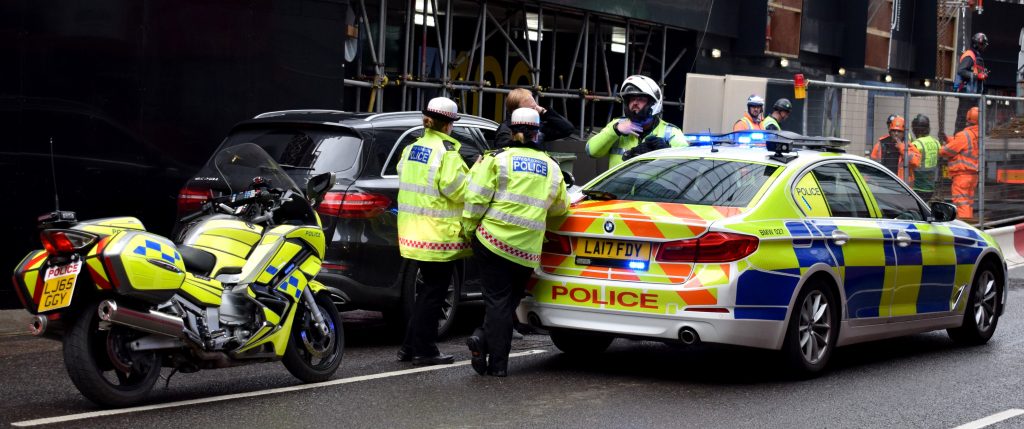
Stop & Search – N8 impact
Vehicle stop checks should be recorded, and officers shouldn’t use the smell of cannabis alone to conduct a stop & search, according to Independent Office for Police Conduct (IPOC) recommendations published 20 April 2022.
The report draws on research by Professor Geoff Pearson, University of Manchester and N8 PRP Director, and Professor Mike Rowe, University of Liverpool.
The report is the result of a 2 year project examining racial discrimination by police and the use of stop & search. It finds the tactic is highly intrusive, and its disproportionate and illegitimate use creates dissatisfaction, resentment, loss of trust, and can discourage people from sharing crime-related intelligence with police.
This disproportionality affects people from Black, Asian, and other minority ethnic backgrounds.
In 2020/21, people from Black backgrounds were 7 times more likely to be stopped & searched than people from White backgrounds.
The effects of this are exacerbated by a sharp increase in the use of stop & search, with incidents rising by 24% to 695,009. In 77% of incidents, no further action was taken.
These figures, and the negative impacts, raise concerns that stop & search is being used without adequate justification, oversight, and accountability. They are even used as ‘fishing exhibitions’, according to the findings of Pearson & Rowe in their book, Police Street Powers and Criminal Justice: Regulation and Discretion in a Time of Change (2020, Hart Publishing).
To address this, IOPC has made recommendations to improve legitimacy, quality, safety, and oversight. This includes a recommendation that vehicle stops are recorded, a measure urged by Pearson & Rowe following their research.
Professor Pearson welcomed the recommendations, saying:
“During our ethnographic research, around half of all stop and searches we observed arose from vehicle stops under the Road Traffic Act.
Many of these were self-generated stops that were little more than ‘fishing expeditions’ to try and detect crime.
Vehicle stops can be quite intrusive, and we believe it is right that they should be recorded. Furthermore, this data will help us understand the extent to which racial disproportionality is the result of structural deployment decisions or officer bias.”
The report cites Pearson & Rowe’s work several times, with regards to officer supervision, training, and cannabis, recommending the Home Office review whether the smell of cannabis alone provides reasonable grounds for a stop and search, as this rationale alongside other ‘weak, non-specific concerns’.
The prominent contribution of N8 academics to the report shows the value of N8 PRP, by creating sustainable open dialogue between leading academics and police.









0 Comments